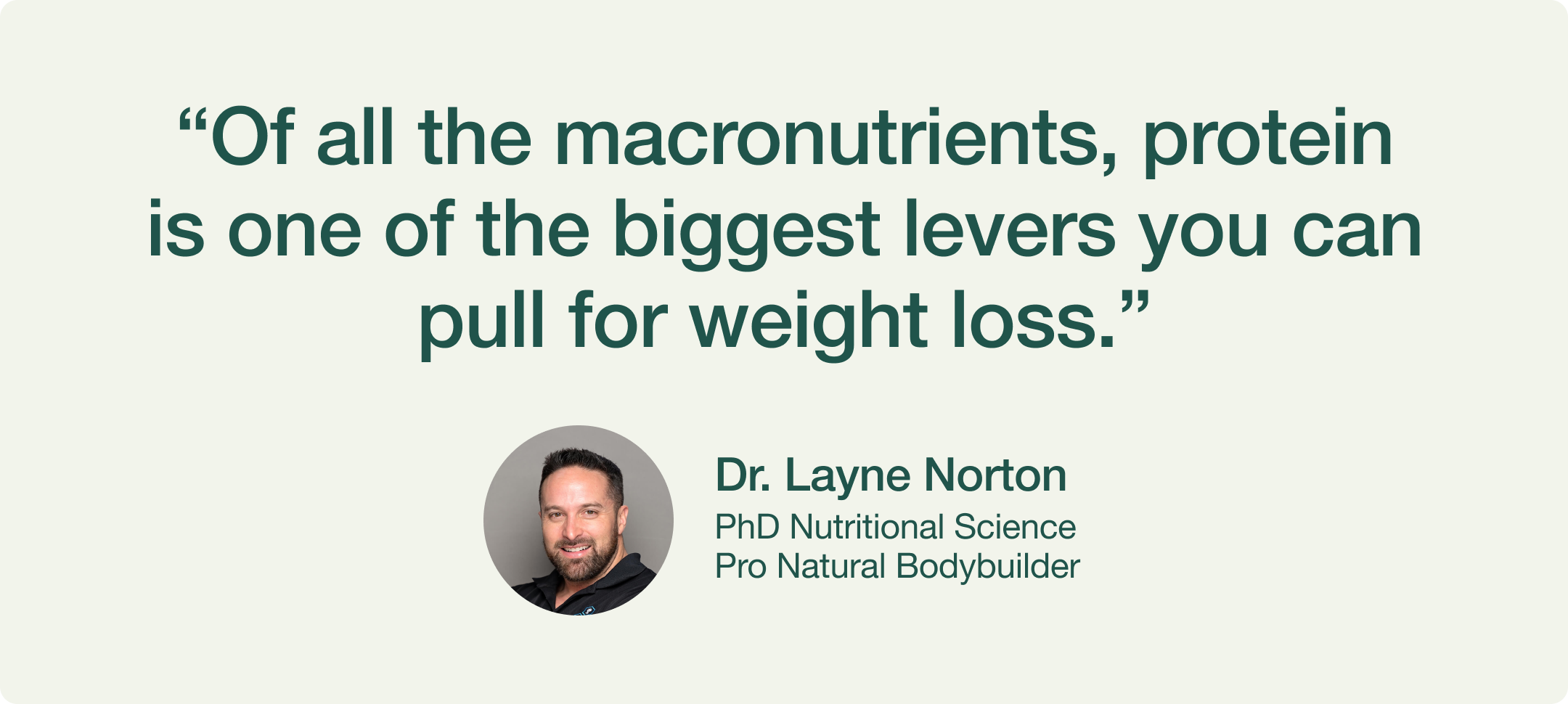If you’ve opened a social media app in the past 12 months, you may have noticed a surge of steak-holders who swear by the weight loss & blood sugar benefits of the Carnivore Diet. But is this all-meat approach really the golden ticket to health? Let’s dive in.

The Meat of the Matter
An extreme cousin of the carb-cutting Atkins or keto, the carnivore diet in its most orthodox form is exactly what it sounds like: eating exclusively animal products. No plants, no grains, just meat, eggs, seafood, dairy, meat, and more meat.
Proponents argue our evolutionary predecessors thrived on animal protein, so we should too. The key tenets include:
- High Protein, High Fat – the aim is to push the body into a state of ketosis to burn stored fat for fuel.
- Zero Carbs – the belief is that carbs spike insulin and contribute to fat storage.
Some Beefy Benefits
To be sure, there are some major metabolic benefits from consuming ample protein.
Weight Loss
Numerous studies show that a high protein diet is key in promoting fat loss, muscle maintenance, and appetite suppression.
Stable Blood Sugar
No carbs mean no blood sugar spikes, making it easier to keep insulin, energy, and appetite in check.
Anecdotally, many practitioners of the carnivore diet report feeling “fantastic.” They cite less inflammation, more energy, and significant weight loss.

The Flip Side: What's Missing?
But the carnivore diet isn’t without its critiques:
- Nutrient Deficiency – while meat itself is full of nutrients like iron, zinc, vitamin A, and B12, there are nonetheless other vitamins & phytonutrients essential for long-term health that are absent.
- Saturated Fat Concerns – new data suggests saturated fat may not be the boogeyman it was once made out, but its relationship with potential heart disease is still debated.
- Lack of Fiber – without plant foods, your overall fiber consumption—which is the most crucial component for gut health & microbial diversity—takes a serious hit.
All About Adherence
When it comes to long-term health, the best diet is the one you can actually stick to. According to Dr. Layne Norton, “Diet adherence is the number one predictor of dietary success, so the best thing is to make sure that the diet is sustainable.”
For a highly restrictive diet such as the carnivore, this doesn’t bode well—with numerous studies showing that people who cut out certain nutrients tend to crave more of that nutrient. The better alternative, as trapeze artists & zen masters know, is to strive for balance.

Final Word
The carnivore diet is high in protein, which is great for satiety and blood sugar. But without fiber, your gut health—and in turn your health overall—will suffer. For a more sustainable approach, consider a diet that combines the hunger-quieting effects of protein with the gut-nourishing benefits of fiber.










